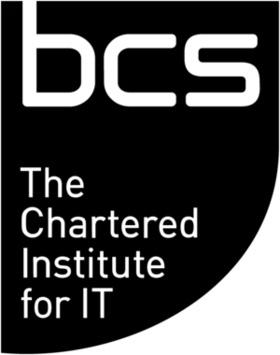The Practitioner Certificate in Requirements Engineering is designed for professionals who want to enhance their ability to elicit, analyse, document, and manage requirements effectively. This certification is essential for ensuring business requirements align with strategic goals and contribute to successful project delivery.
This course will help you to:
Gain a structured approach to requirements engineering, focusing on business objectives
Develop skills in stakeholder collaboration, requirements elicitation, and validation
Learn best practices for documenting, analysing, and managing requirements
Strengthen business analysis competencies with industry-standard techniques
Prepare for the BCS Practitioner Certificate in Requirements Engineering exam
Inclusions
Online self-paced course materials
Requirements Engineering exam voucher
Examination
The Requirements Engineering Exam is an online proctored exam through BCS. It is a 60-minute closed book exam, with 40 multiple-choice and multiple-response questions, and a pass mark of 26/40 (65%). A practice exam paper in a digital format is provided in the course to assist in preparation.
It is highly recommended that you spend some additional time reviewing and consolidating what you’ve learned, to be well prepared for the exam.

